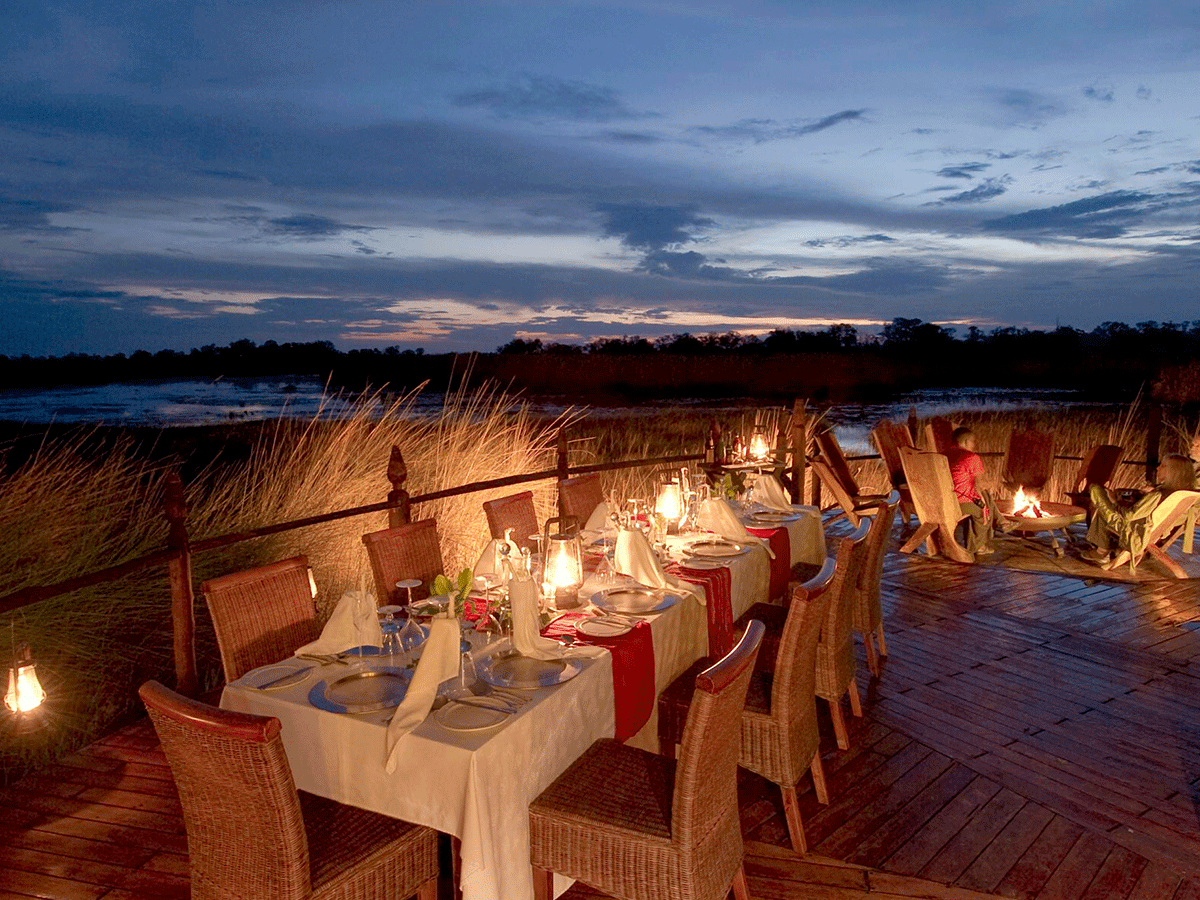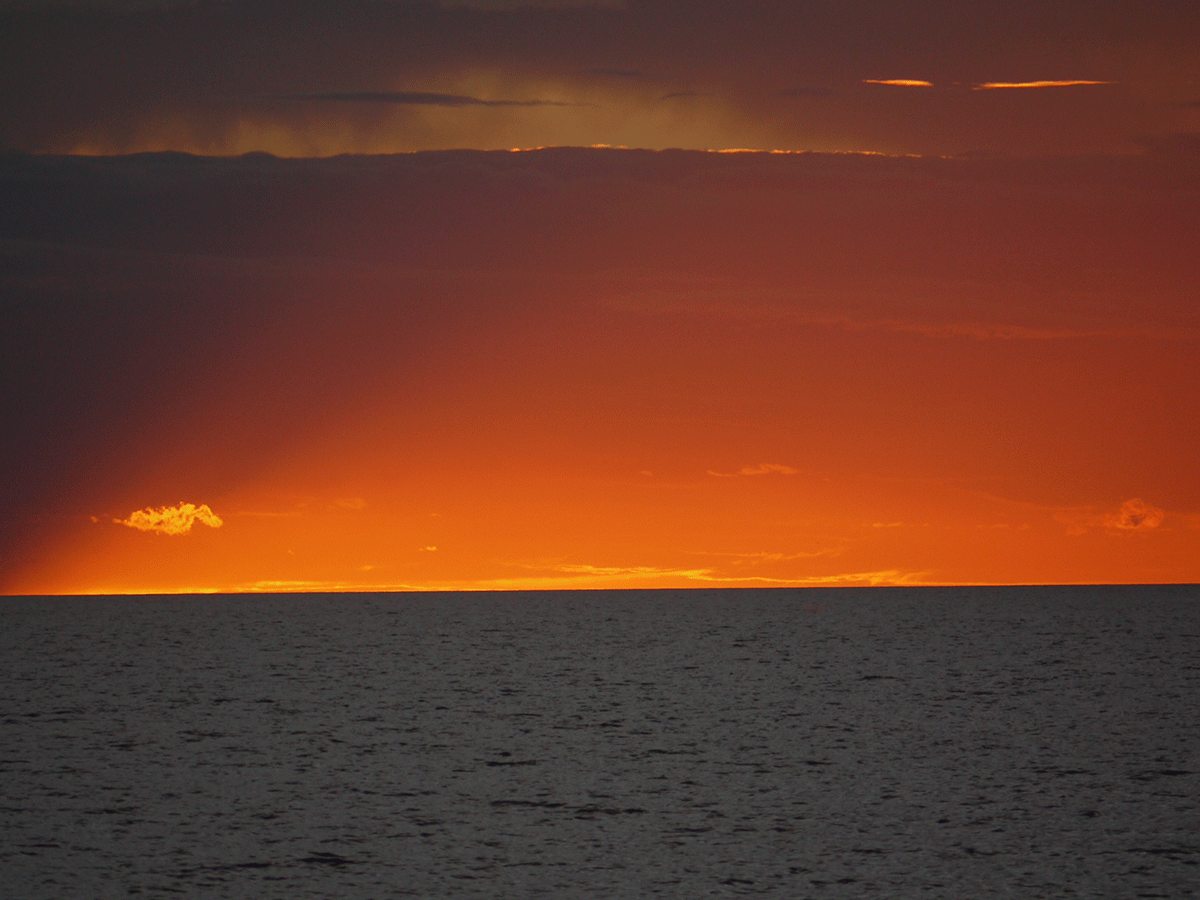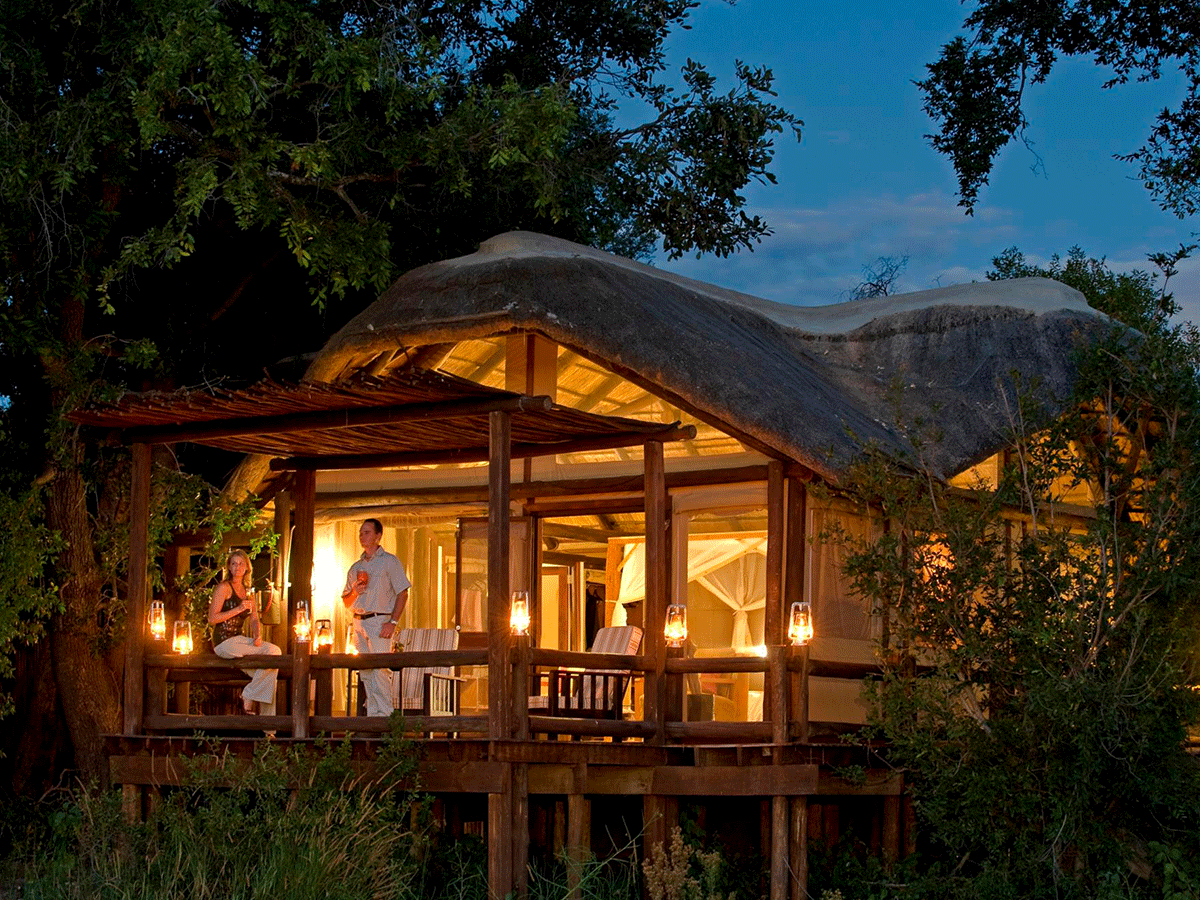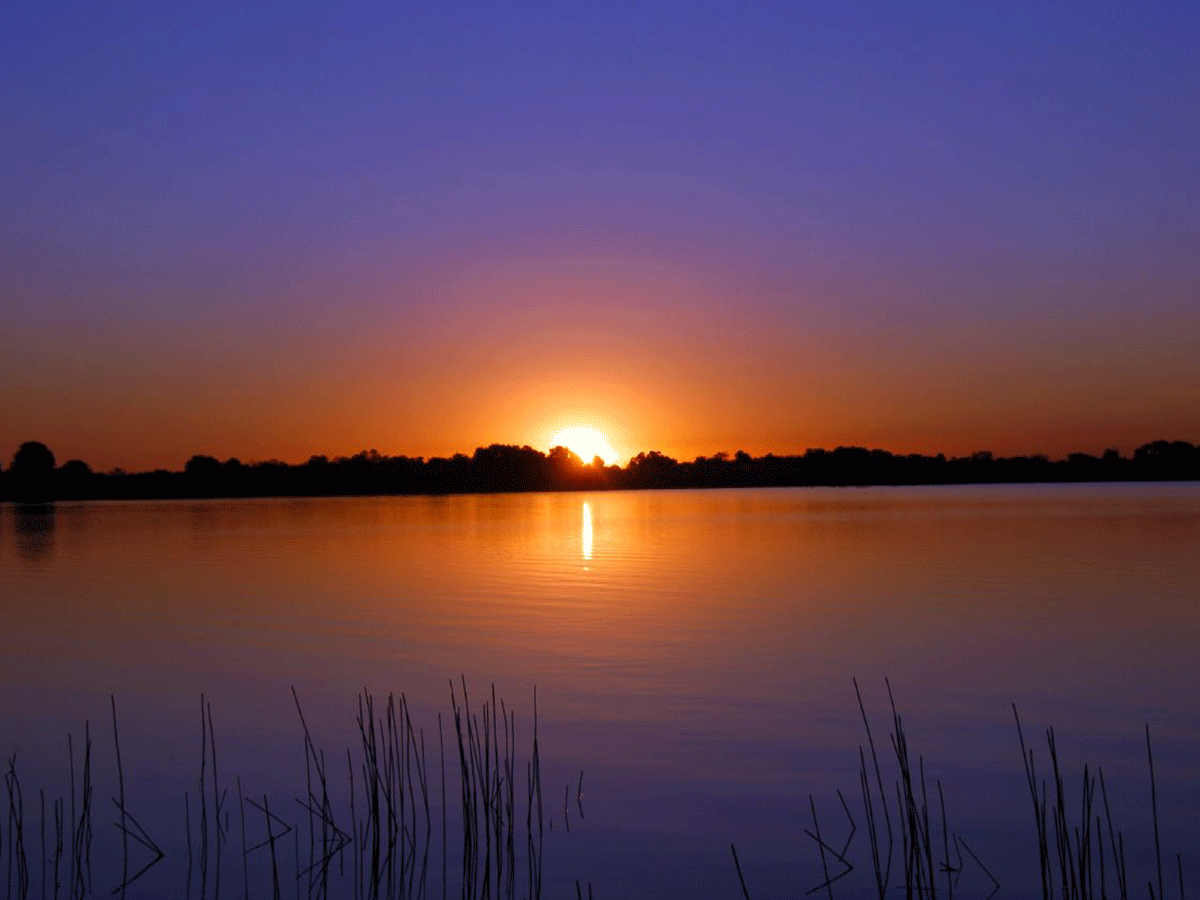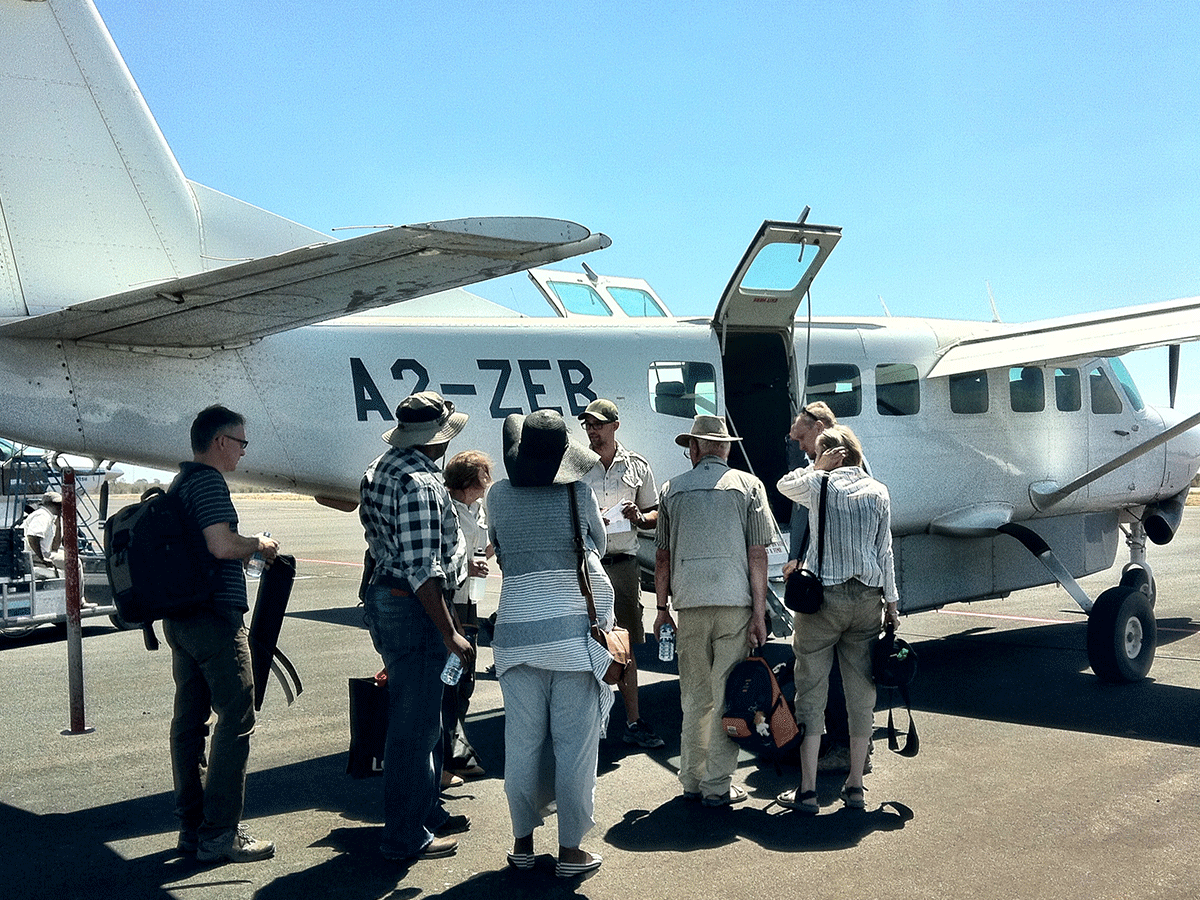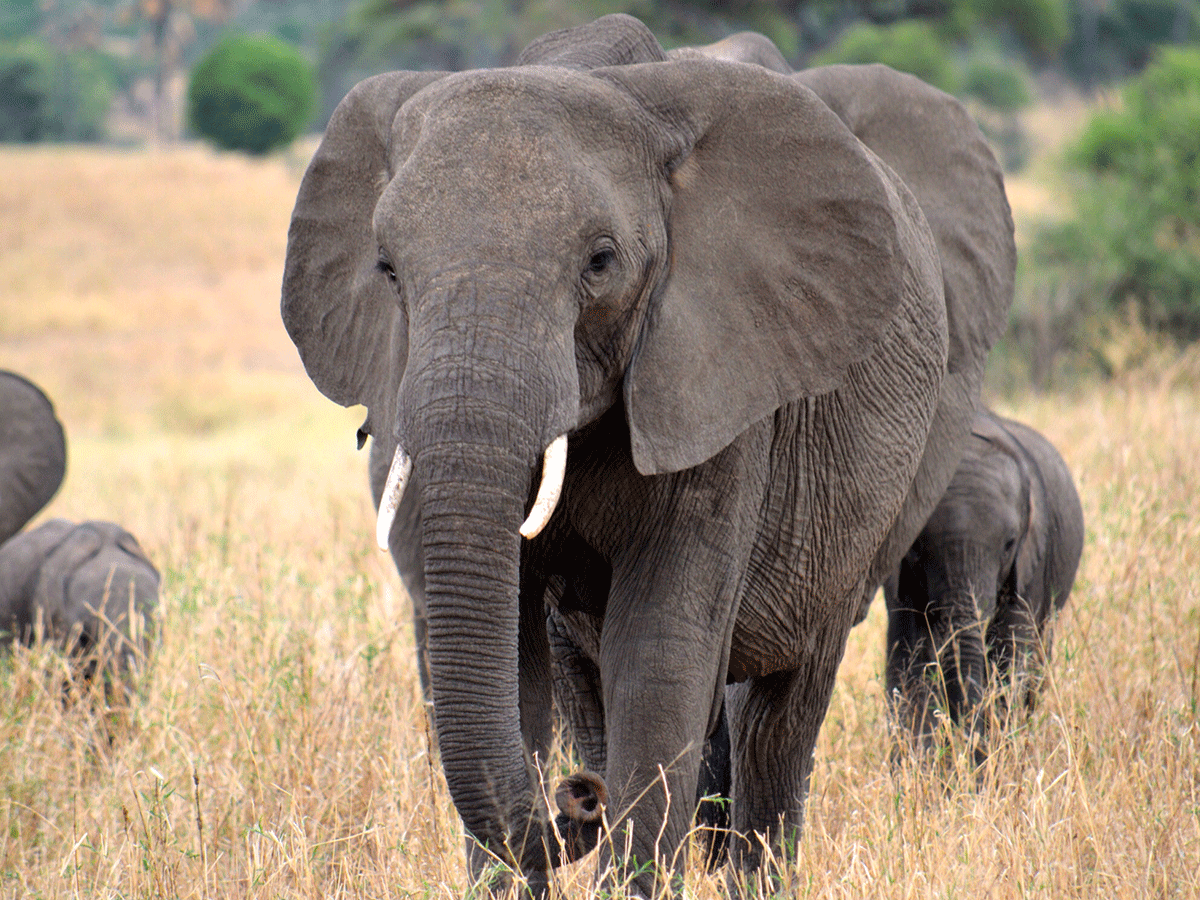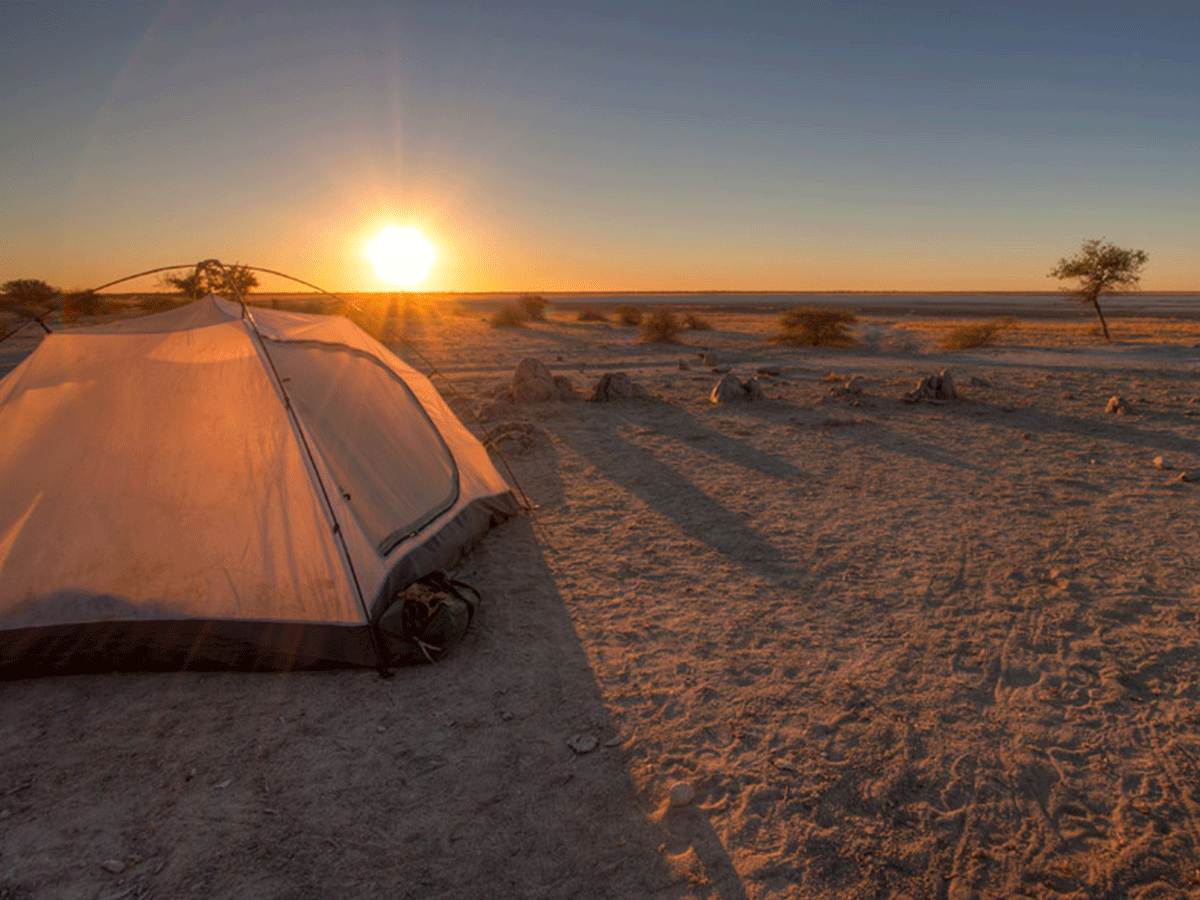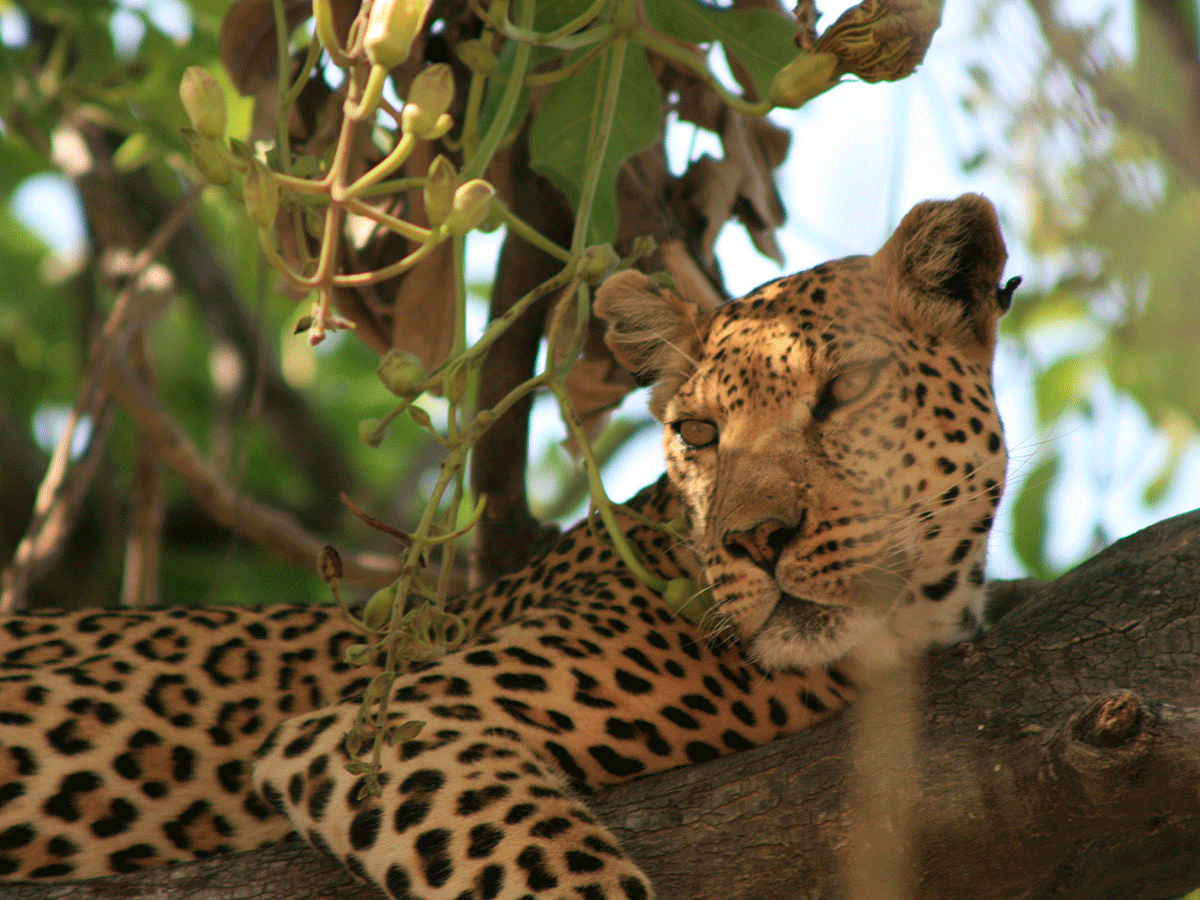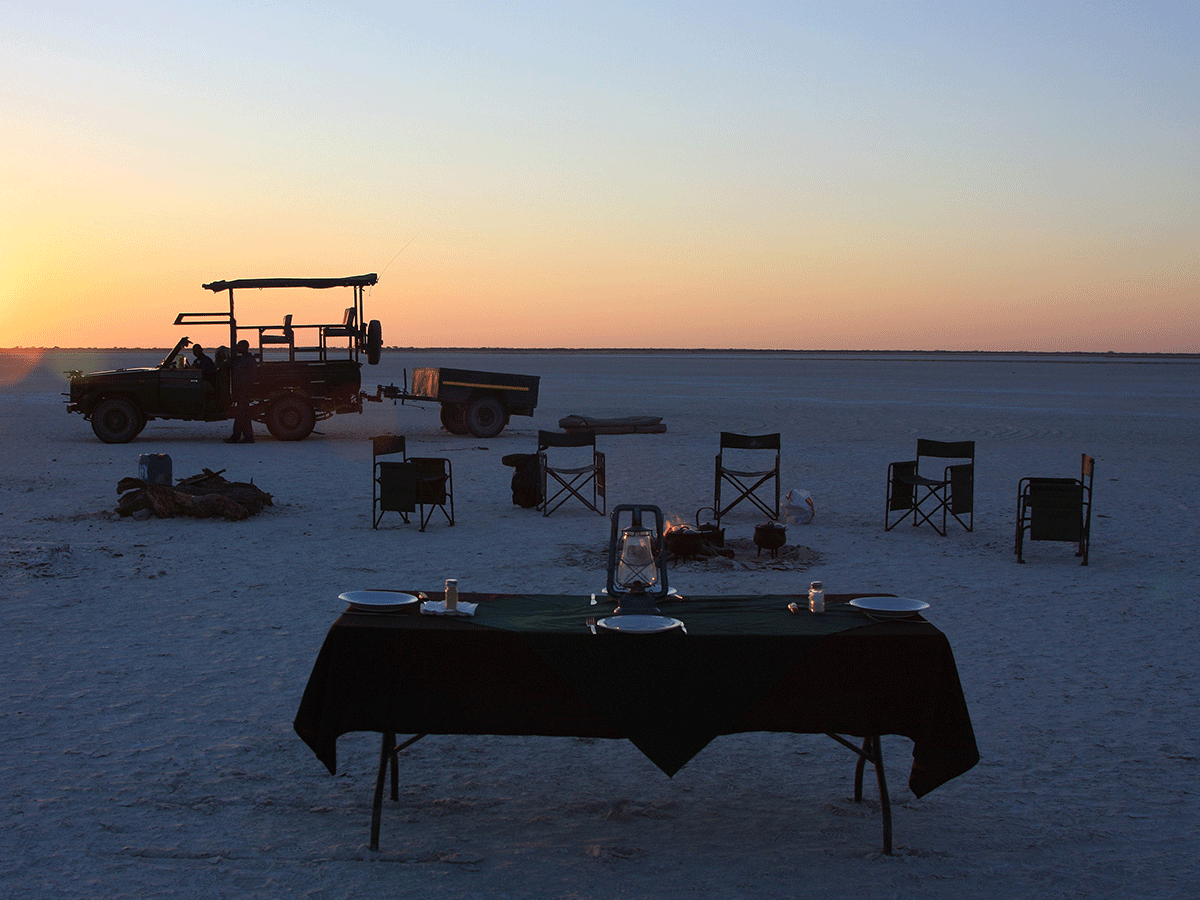Botswana Safaris, Tours & Holidays
Home » African Safari Destinations » Botswana Safaris, Tours & Holidays
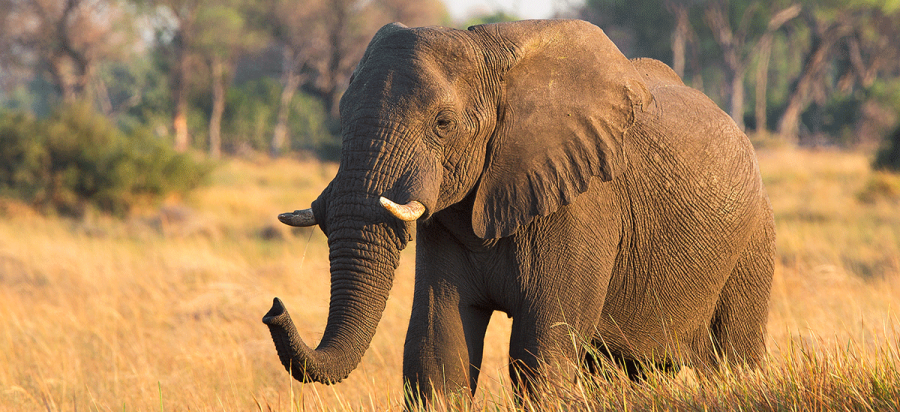
Botswana safaris, tours and holidays
Botswana is one of Africa’s diverse landmarks. The southern African nation is a landlocked country; its landscape is defined by the Kalahari Desert and the Okavango Delta, which becomes a lush animal habitat during seasonal floods. The massive Central Kalahari Game Reserve, with its fossilized river valleys and undulating grasslands, is home to numerous animals including giraffes, cheetahs, hyenas, and wild dogs.
Botswana extends from the Chobe River (which drains through the Zambezi to the Indian Ocean) in the north to the Molopo River (part of the Orange River system, which flows into the Atlantic) in the south. To the east, it is bordered by the Limpopo River and its tributaries, the Ngotwane (Notwani), Marico (Madikwe), and Shashe.
How to get to Botswana
The easiest and fastest way to travel to Botswana is a connecting flight from Johannesburg International Airport (O.R Tambo) in South Africa, although there are also connecting flights from Cape Town and Windhoek (Namibia) available. Currently, there are no international carriers that fly directly to Maun Airport.
Transport in Botswana is relatively efficient. Getting to your lodge or destination is as easy as jumping on an air shuttle service or a safari vehicle; this is where the choice is really up to you based on your requirements, time, and budget.
Passport, visa, and entry requirements for Botswana
All visitors to Botswana must be in possession of a passport that is valid for at least 6 months, with the exception of those with outgoing travel documents and sufficient funds for the duration of their stay.
As of 1 October, 2016 minors traveling through Botswana’s borders are required to produce certified copies of unabridged birth certificates in addition to their valid passports.
Valid entry visas for the countries that require them can be obtained from the various Botswana embassies and high commissions abroad. Allow at least 21 working days for visa processing. Travelers should ensure that there are at least 2 blank visa pages in their passport for entry and exit stamps. Entry visas obtained from the border posts are valid for a maximum of 30-90 days. These border-issued visas are for selected countries it is advisable to obtain visas before traveling via Embassy of the Republic of Botswana
The health sector of Botswana
The public sector dominates the healthcare system in Botswana – operating most of the care facilities. However, there is a huge gap between public and private medical provisions, and tourists are recommended to purchase private health insurance for the trip duration to Botswana. As in much of the rest of Africa, the public healthcare system mainly serves a lower-income bracket, while ex-pats and those who can afford it use the private healthcare system.
Malaria and yellow fever vaccination for Botswana
Malaria risk is present throughout the year (but highest from November to June). Risk is highest in the northern districts of Chobe and Ngamiland. In the Northeast District and the northern half of Ghanzi and Central districts, the risk is not high enough to warrant antimalarial tablets for most travelers, however, it may be considered for certain groups who may be at higher risk.
A Yellow Fever vaccination certificate is only required for travelers 1 year of age and older coming from – or in transit through an airport.
Currency of Botswana
The official currency of Botswana is the Botswana Pula (BWP). The Pula is divided into 100 thebe. The symbol for the Pula is P. The Pula is rated as one of the strongest currencies in Africa.
The official language of Botswana
While English is the official language and Setswana the national language, there are over 20 other languages spoken in Botswana, which are mostly used by the non-Setswana-speaking groups. Sekalanga, spoken by the Bakalanga, is the most commonly used of these languages.
You Might like
Best time to visit Botswana
The best time to visit Botswana is during the dry season between May and October when you can expect warm, sunny days (22°C-35°C) and chilly nights. This is also when the water levels in the Okavango Delta are at their highest, creating the waterways and channels Botswana is famed for.
The green season (November to April) is a great time to travel if you don’t mind the odd shower. Visitor numbers and prices are lower, the scenery pops with verdant foliage, and animals give birth to their young.
What to wear in Botswana
A dress pant, skirt, or dress with a non-matching jacket is recommended business traditional attire for women. Skirts and dresses should always sit at or just above the knee. A collared blouse or dress-material top is recommended, and should either be tucked in or fall just below your waistline, for tourists there are no strict restrictions on what to wear but we recommend those visiting places of tradition during your safari to wear decent and you can wear what you like in the national parks.
What to bring while traveling to Botswana
Botswana being a prominent safari destination in Africa, packing the right equipment is part of your experience, below is some of the things you will need to consider packing while planning a safari to Botswana.
- Clothes in khaki, green, beige and neutral colours
- Long-sleeved shirts that offer protection from the sun and mosquitoes
- T-shirts
- Shorts or a light skirt
- Jeans or safari trousers for evenings and cooler days
- Jackets and sweaters for early morning and late afternoon game drives
- A lightweight waterproof jacket in case of rain
- Swim and beachwear
- Comfortable walking shoes
- Sunscreen
- Sunglasses
- A hat
- Insect repellent
- Moisturiser and lip balm
- Binoculars and camera equipment
Car hire and driving in Botswana
Botswana is one of the safest countries in Africa, renting a car here shouldn’t be discounted.
Drive on the left-hand side of the road in Botswana, although many roads outside of the city are single track.
The best time to book car hire in Botswana is between 6-12 weeks in advance to ensure availability.
Accommodation in Botswana
Botswana has a very developed accommodation system lodges and camps have extremely high standards of service, great food, and provide access to some excellent wildlife safaris. Lots of accommodation is in private concessions and the only place to stay for miles, making it a very secluded and, dare we say luxurious experience. Mobile camping is also possible in specific areas. If you are looking for a comfortable but more rustic and bush experience.
Local foods of Botswana
Most traditional dishes in the country use sorghum or maize, prepared as a porridge or pap known as bogobe, as their base. These are the main crops grown in Botswana and are a staple food of the country. Bogobe is normally accompanied by meat, such as seswaa (a heavily salted stew) or vegetable sauces.
Tipping while in Botswana
We recommend that you tip your safari guide directly at the end of your stay at each camp. As a rough guideline you might tip U$10 per guest per day. You may also like to tip your driver and/or mokoro poler at the end of your stay. Here a tip of around US$5 per guest per day would be recommended; however feel free to contact our Africa travel specialists for updated tipping guidelines for Botswana.
Further information for Botswana
Botswana is a top safari destination in Africa for wildlife viewing however we strongly recommend travelers to book a safari through a safari company in order to get the value for their money more so if it’s your first time to travel to Botswana.
Safety in Botswana
Overall, Botswana is a safe country – probably the safest one in Africa, and a good place to start your exploration of this content if you’ve never been there before. Attacks towards tourists are rare and people are welcoming and warm.
SAFARI TOURS AND HOLIDAYS
NATIONAL PARKS
FAUNA & FLORA
| Wildlife |
| Birds |
| Vegetation |

